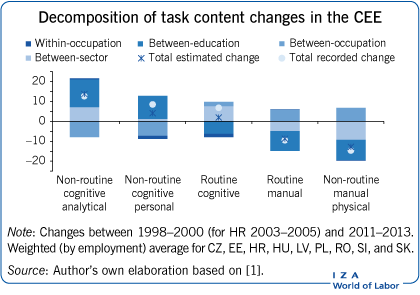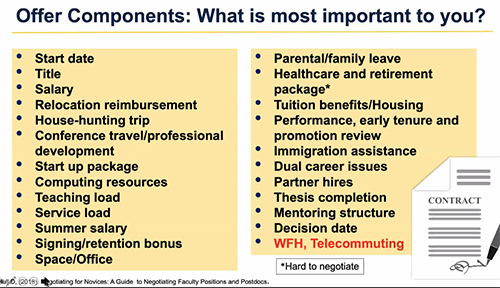
Business administration graduates can choose to pursue many different careers, such as those in finance, management, and communications. You can also choose to work in the healthcare industry. Some common areas of interest for these graduates are health information technicians and medical records analysts. Other options for career include office and logistics management.
Health information technicians
HIT (Health Information Technology) is one the fastest growing professions in the United States. This program combines computer science, management, legal processes, and business principles. Health information technology graduates will work in an industry that improves patient care and reduces costs. Healthcare information technicians are employed in many places, including hospitals, doctor offices and long-term care facilities.
Health information technicians often work for companies that design healthcare systems and platforms. They may also work for contract services or remote facilities. Telehealth information technicians can set their own work hours and schedules by working remotely. Some roles also require professional certification.
Analysts for medical records
Medical records analysts are responsible for managing the data contained in healthcare records. They can also create and edit reports on how to streamline these records. They should have supervised experience and a degree in information management. This job is challenging and requires high standards.

Medical terminology and anatomy are important skills that applicants for jobs as medical records analysts should have. They must be able manage time and prioritize tasks.
Office managers
A business administration degree can help office managers work in many different industries. For many entry-level roles, a bachelor's level degree is enough. However, bigger companies will often require a masters' degree. A lot of employers require that any aspiring office manager obtain the Certified Business Office Manager (CBOM), which can be a lengthy process and take several weeks. The benefits of an office management degree are obvious.
Office managers should be organized and skilled in communication. They should have experience with organizing events and traveling. They must also have experience in creating systems and setting up processes that make the office run smoothly. They must also be able to read and listen well, since they will be responsible in leading meetings and drafting communications.
Logistics managers
Logistics managers are responsible of managing companies' goods transportation and storage. These people must be able analyze and solve problems under pressure. They work closely with other departments to ensure smooth goods flow. They collaborate with operations managers, warehouse managers, transportation managers, supply chain managers, and senior management.
To become a successful logistics manager, you should have strong analytical, problem-solving, and communication skills. You must also have a keen sense of detail and be meticulous. Although the supply chain is very complex, a logistics manager who has a keen eye for detail can help companies maximize their profits by identifying ways to reduce expenses and maximize the flow of goods.

Forensic accountants
Forensic Accounting is a niche in risk management. It requires criminal justice background and investigative skills. These accountants earn upwards of $150,000 a year. You can also expect them to be autonomous and take responsibility.
Forensic accountants are in high demand, especially in local and government law enforcement departments. They analyze financial data and conduct investigations into crimes and terrorism. They can be called upon to testify in court as expert witnesses and gather evidence during the discovery process. They can also be involved in risk management and corporate security.